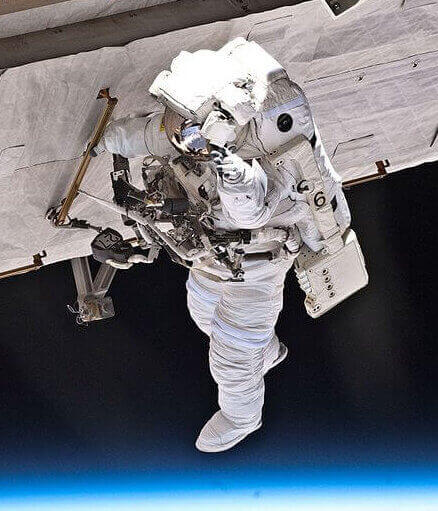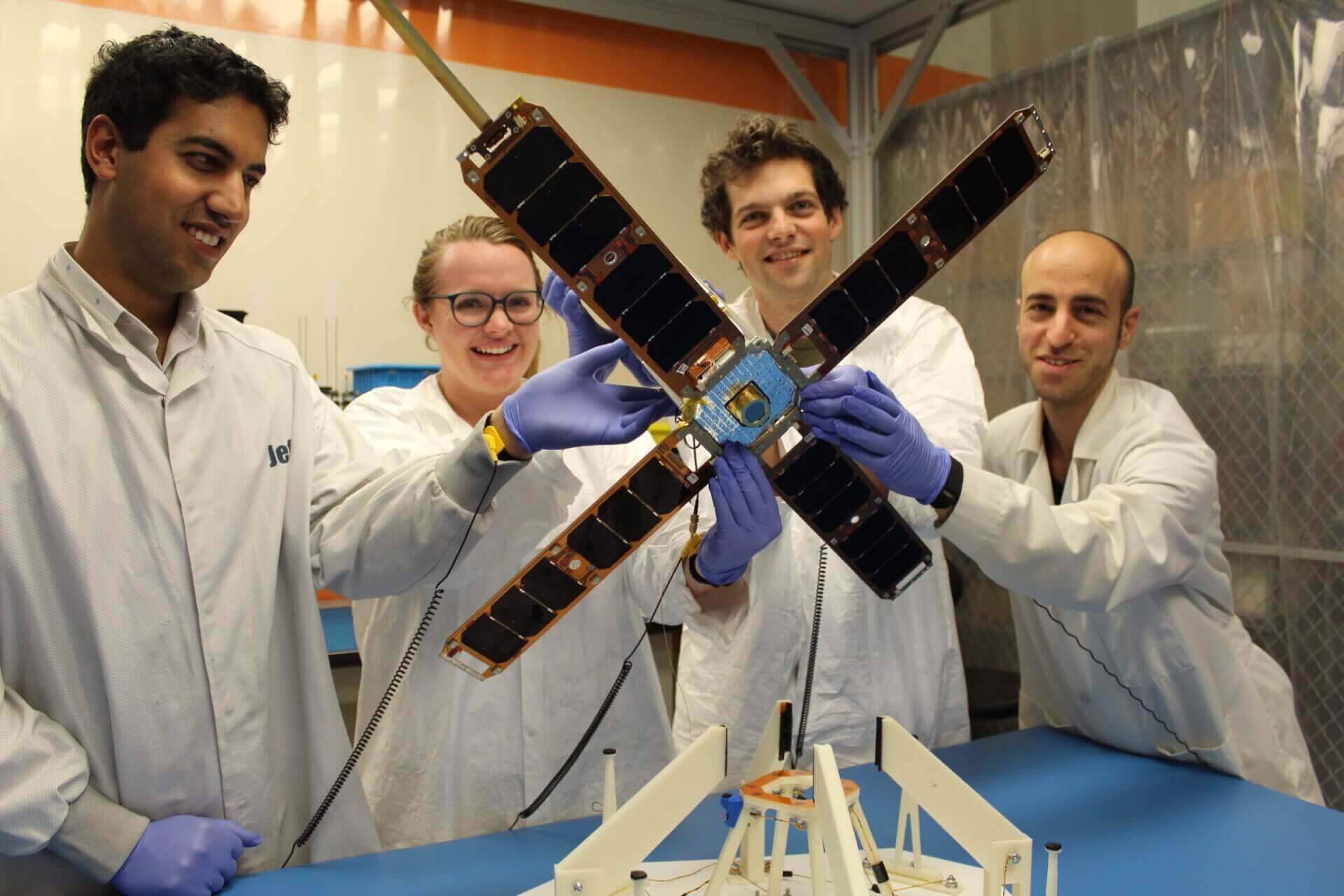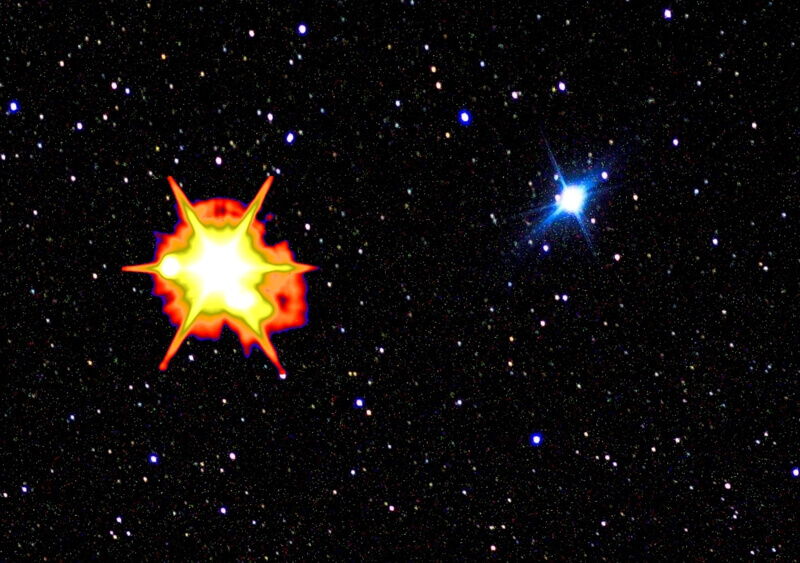Research Groups

Astronaut Performance Lab
Working Towards Next Generation Deep Space Habitats
The Astronaut Performance Lab (APL) is a research initiative at the University of Southern California as a part of the Habitats Optimized for Missions of Exploration (HOME), a specialized NASA Space Technology Research Institute. With a primary emphasis on human factors engineering, our objective is to deepen the understanding of human and AI-based autonomous system interactions within the challenging environment of deep space habitats. Our mission at APL is to explore and optimize human performance in space habitats where astronauts execute various hands-on tasks in teaming with AI-based autonomous systems. We adopt a human-centric research approach, seeking to unravel astronauts' cognitive, psychological, and physiological intricacies and how these elements influence their interactions with autonomous systems across diverse operational scenarios. Although we are not involved in designing and developing AI-based systems, the insights gained from our research can serve as a valuable guide for AI developers. Our findings can aid in crafting these systems that work harmoniously and intuitively with human operators, fostering a seamless and efficient work environment in space habitats. A key component of our work lies in our experimental design, where we simulate the conditions of deep-space habitats to investigate human-autonomy teaming. These experiments allow us to generate crucial insights that inform strategies to bolster the collaboration between astronauts and AI systems. Our focus is on enhancing safety, efficiency, and productivity in space operations, ensuring that future deep space missions are as successful as they are ambitious. (This description was generated in collaboration with ChatGPT 4.0)
For HOME website please click here.

Laboratory for Exploration and Astronautical Physics (LEAP)
Pushing the boundaries of knowledge on astronautical plasma physics
The Laboratory for Exploration and Astronautical Physics (LEAP) is one of the foundational laboratories of the Department of Astronautical Engineering at the University of Southern California. Its primary vision concerns deepening the understanding of underlying plasma physics principles presented in the exploratory ventures of human kind through cosmos. As such, LEAP features a multitude of research lines ranging from space weather interactions with celestial and anthropomorphic bodies, space suit design, electric propulsion, atmospheric reentry, and planetary science.
LEAP employs a multitude of research methodologies, with a meritorious track record on numerical modeling resorting to the development of new computational methods for high-performance computing, and advanced expertise on experimental techniques deployed on the group's vacuum chambers.
For LEAP website please click here.

Space Engineering Research Center (SERC)
Charting Next-Generation Space Research
The Space Engineering Research Center (SERC) is dedicated to disruptive space engineering, research and education of the second-generation workforce – including hands-on build, test and flight demonstrations of spacecraft and satellites. SERC seeks to challenge traditional methods of space R&D, manufacturing and exploration with approaches that dramatically reduce costs, enable novel capabilities and support vital democratization of the space domain.
For SERC website please click here.

Space Science, Technology, and Applications (SSTA)
Space Science, Technology, and Applications

Laboratory for Autonomous Systems in Exploration and Robotics (LASER)
LASER researches autonomy for robots in extreme and unstructured environments. The group develops methods for adaptive decision-making under uncertainty for these systems, drawing from control theory, reinforcement learning, and stochastic modeling, with an emphasis on a “theory to practice” philosophy including field hardware validation: LASER's work has flown on the International Space Station and, in the coming months, to the Moon. The group's overarching goal is to make autonomous robotic operations safer and more efficient under reduced human-in-the-loop operation.

